July 30, 2025
Microsoft study reveals which jobs have been most affected by Generative AI
 A new large scale study from Microsoft has offered what its authors claim is one of the clearest pictures yet of how Generative AI is being used in real workplaces and which jobs are most exposed to its growing influence. Researchers from Microsoft analysed 200,000 anonymised user conversations with Bing Copilot, Microsoft’s publicly available AI assistant, to determine how AI is assisting or performing work tasks. The study focused on the types of activities people use GenAI for, how successfully AI completes them, and how these activities align with those performed across hundreds of occupations. (more…)
A new large scale study from Microsoft has offered what its authors claim is one of the clearest pictures yet of how Generative AI is being used in real workplaces and which jobs are most exposed to its growing influence. Researchers from Microsoft analysed 200,000 anonymised user conversations with Bing Copilot, Microsoft’s publicly available AI assistant, to determine how AI is assisting or performing work tasks. The study focused on the types of activities people use GenAI for, how successfully AI completes them, and how these activities align with those performed across hundreds of occupations. (more…)











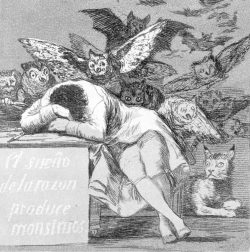
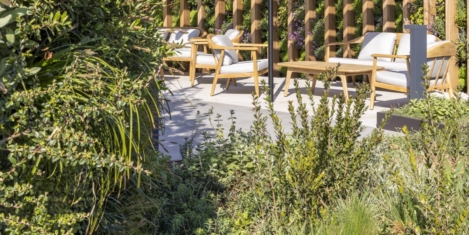
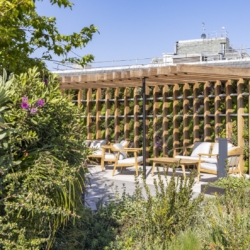




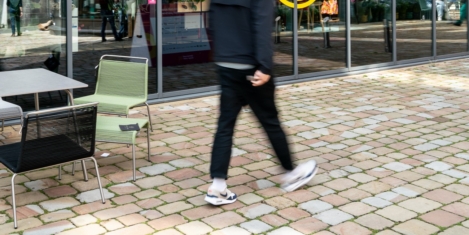
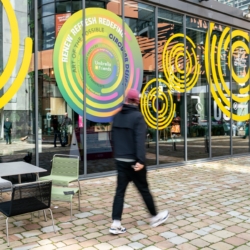


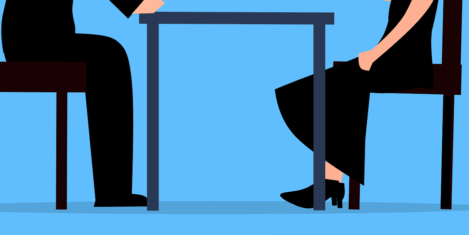
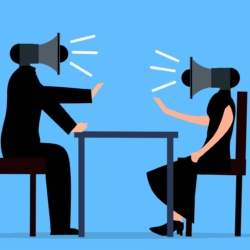
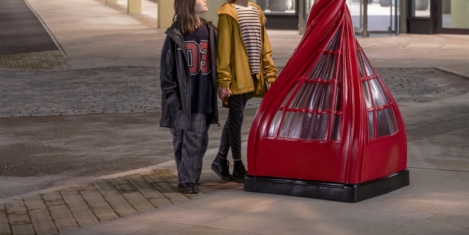
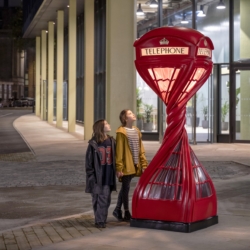



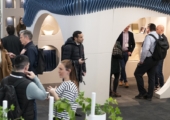





June 9, 2025
Rise of AI gives us a chance to rediscover a world beyond the screen
by Anthony Brown • AI, Comment, Workplace design